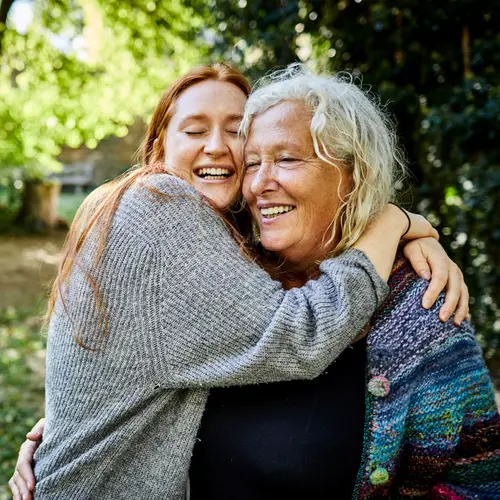Type 2 diabetes can seem overwhelming at times, but you can take control back.
It helps to have people who encourage you and show you new ways to manage your diabetes day to day. Put them on your go-to list, and reach out any time you need their insight and motivation.
See Your Specialists
You need a medical team that knows diabetes inside and out. They could include:
- An endocrinologist, who has a lot of experience working with people who have diabetes
- An ophthalmologist for your eyes
- A pharmacist, who's familiar with all your medicines
- A registered dietitian, who can give you pointers on what to eat
- A diabetes educator
All of these professionals work with you to help you stay well.
Join a Diabetes Support Group
It helps to talk to someone who can relate to what you're going through, since they have diabetes, too.
While support groups are not psychotherapy groups, they can provide you with a safe, accepting place to share your situation and get comfort and encouragement.
Include Your Friends and Family
Type 2 diabetes can affect the entire family. So get them, and your friends, involved.
Share with them what you're going through and how you manage your diabetes. For instance, tell them why you have to check your blood sugar regularly, or what sorts of snacks and meals are OK for you.
Want someone to help you get them up to speed? You might want to hold a family meeting, and invite your diabetes educator to answer their questions.
Consider Therapy
You deserve to feel good emotionally. If you don't, you may want to talk to a therapist.
In therapy, you'll plan positive ways to handle your diabetes. It's not just for people with conditions like depression or anxiety. Anyone can benefit.
You can get a fresh point of view that helps you work through your challenges. That's important, because stress can affect your blood sugar levels.
Look for a licensed mental health professional who works with people who have diabetes or other long-term conditions. Ask your doctor for referrals. Pick someone you find easy to talk to. You might meet with your counselor one on one, with family members, or in a support group.

